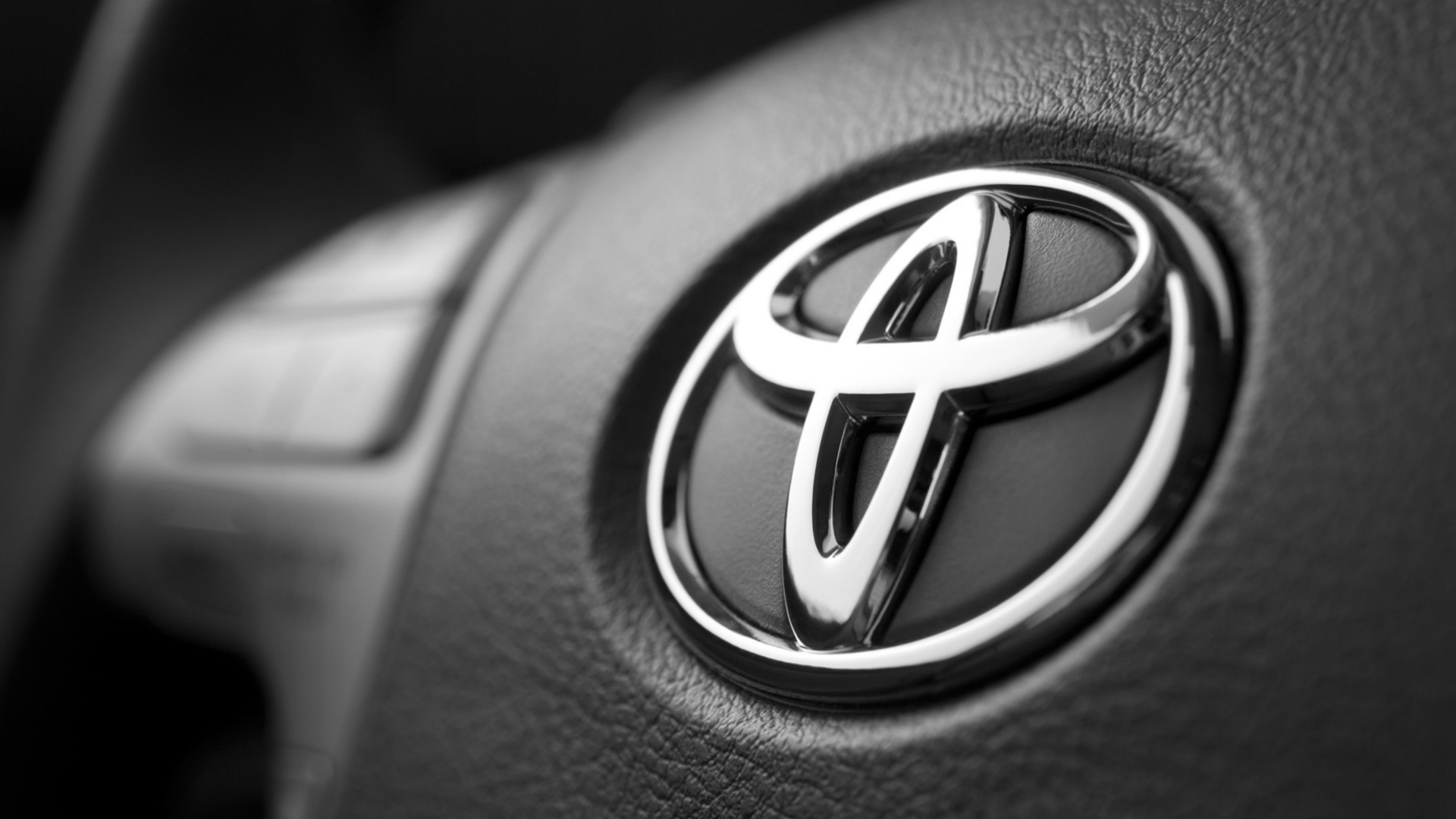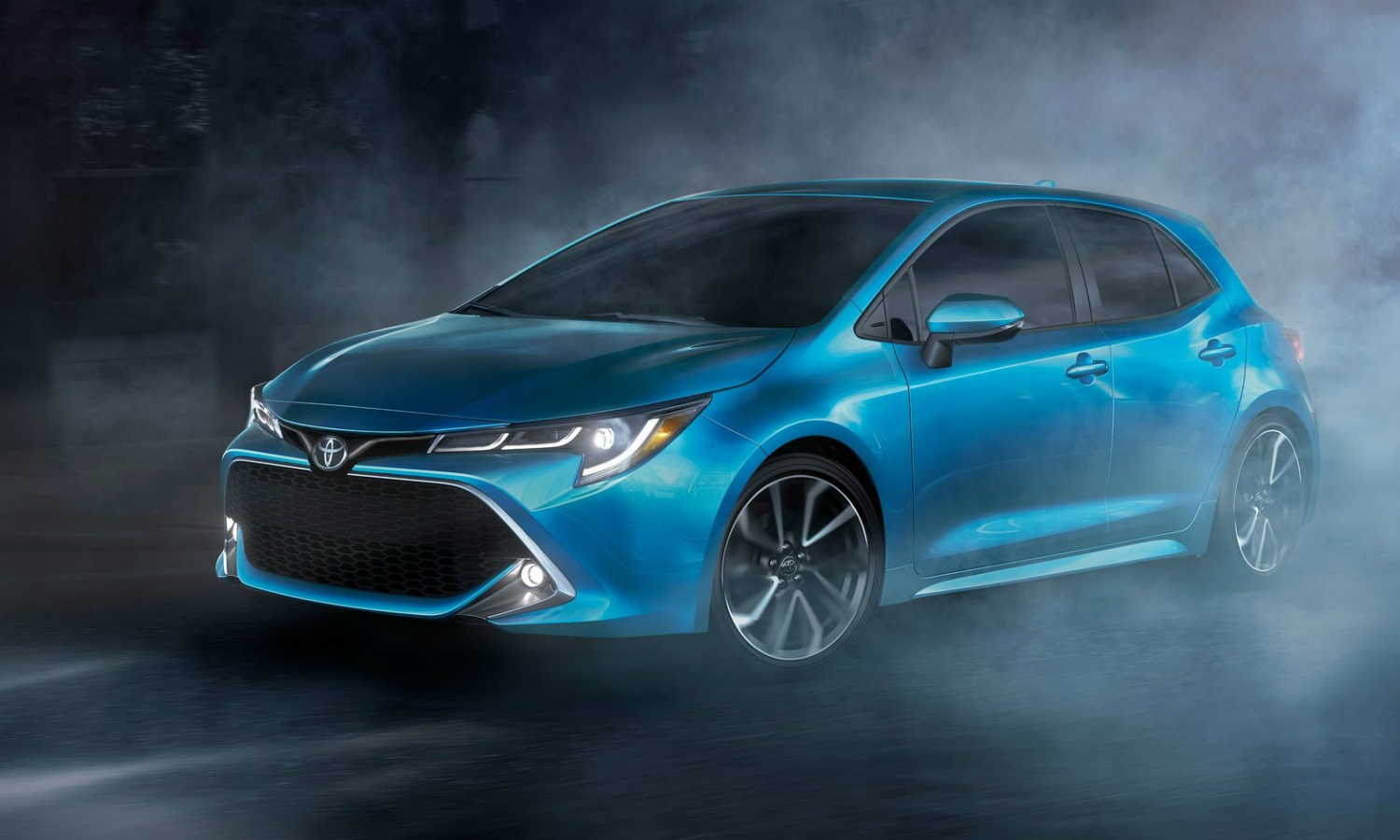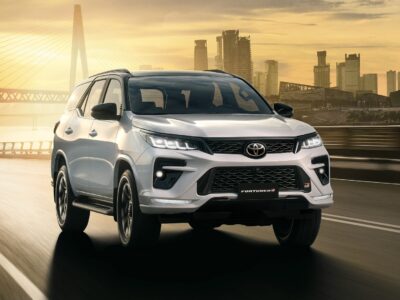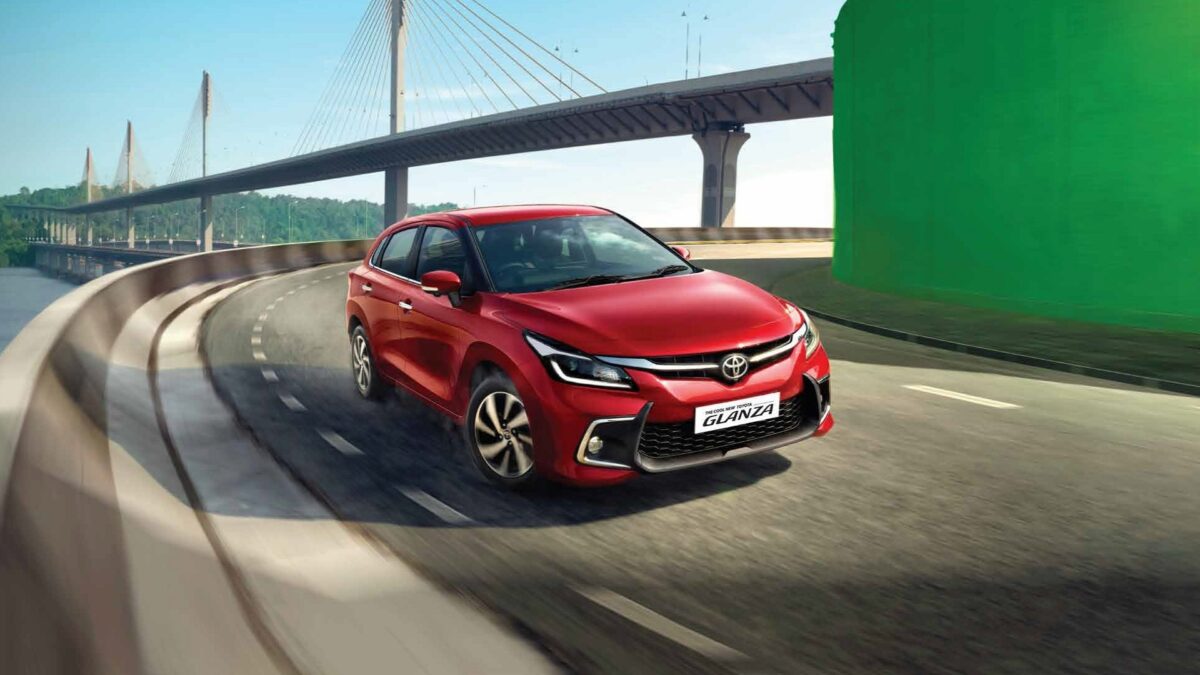Toyota’s Baleno And Vitara Brezza Derivatives Require Enhanced Localisation For Cost Effectiveness, Says Company Official
Saar: Last week, Toyota and Suzuki announced that they will be collaborating on new projects in technological development, vehicle production, and market development.

Earlier this year, the Japanese duo – Suzuki and Toyota – revealed that they both will be sharing model platforms with each other. While Toyota will get the Baleno and Vitara Brezza from Suzuki, the Corolla Altis will go the other way. Last week, more information about their long-term collaboration surfaced when they announced that Toyota will be building Suzuki models in India and that Suzuki will produce an ultra-high-efficiency powertrain.
Now though, Toyota Kirloskar Motor (TKM) has said that to keep its versions of Baleno and Vitara Brezza cost-effective, both will require an enhanced localisation of components. Atsushi Oki, vice president, TKM told PTI:
“The likely changes to be brought in the two models are still under work-in-progress and how the final products gets rolled out will be known over the course of time. Toyota will further boost their outlook on components localisation in support to ‘Make in India’ initiative, to achieve cost effectiveness. We understand the price sensitivity of Indian market. We will continue to keep up the price momentum in these directions. Further details are under discussion at this point in time.”

Toyota Corolla Hatchback
Toyota products have always been more expensive than the comparable ones from Maruti Suzuki. More localisation of components will surely help Toyota to land a more price competitive product. Another vital question that was put forward was when the company plans to start selling the aforementioned modified products in the Indian market. Oki said that details pertaining to each model’s supply and launch schedule will be considered at a later stage. Based on what unfolded last week, both models will also be sold in other developing markets globally.
With this collaboration, both Suzuki and Toyota stand to gain from each other. The former will gain the technical know-how about electrified powertrains at a much faster rate, whereas the latter will get the opportunity to tap into the mass market in India, a segment where Toyota has barely troubled any of its direct peers in India. Both companies are also co-developing electric vehicles for India and the first example of that is set to launch in the year 2020.





